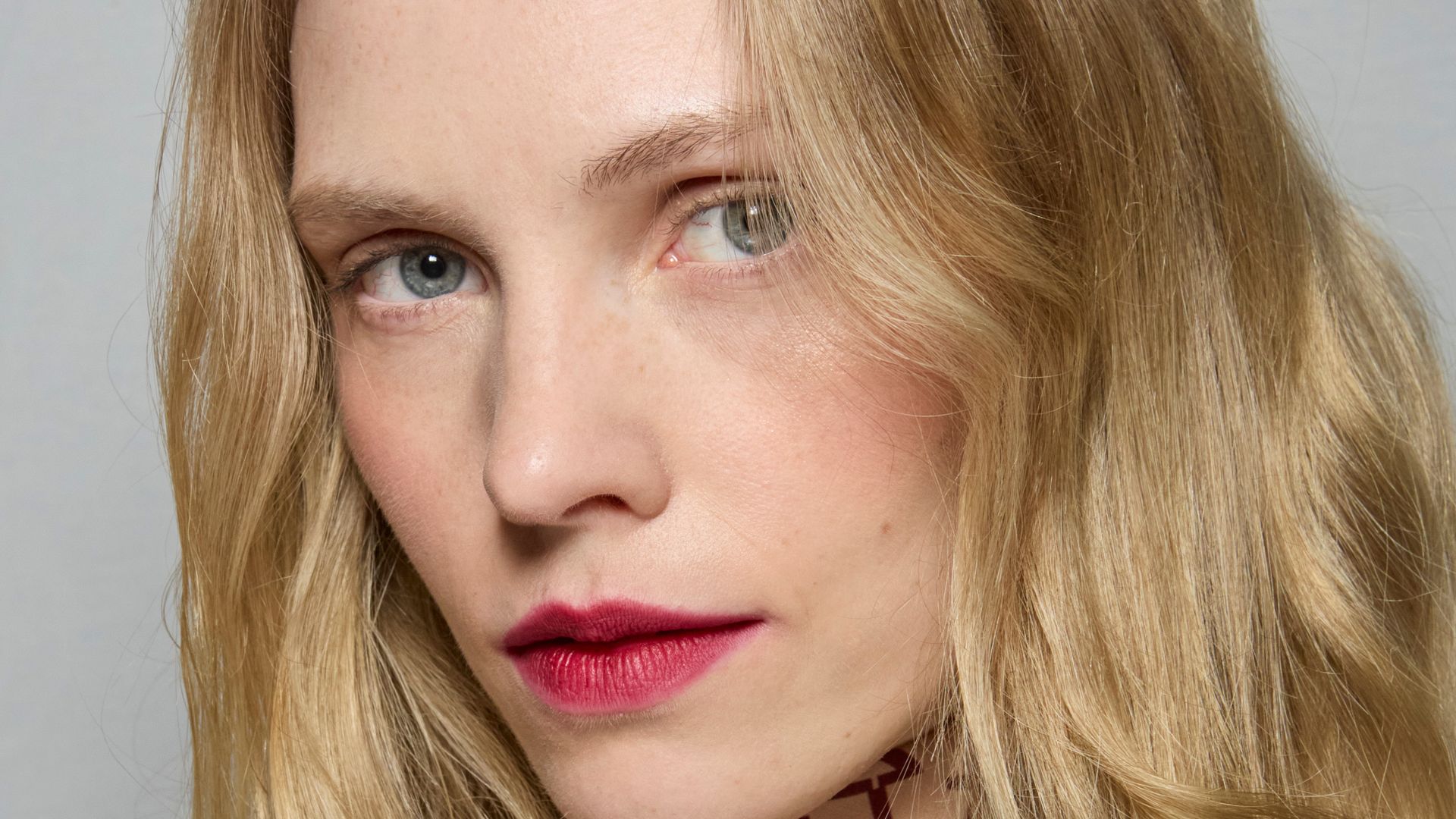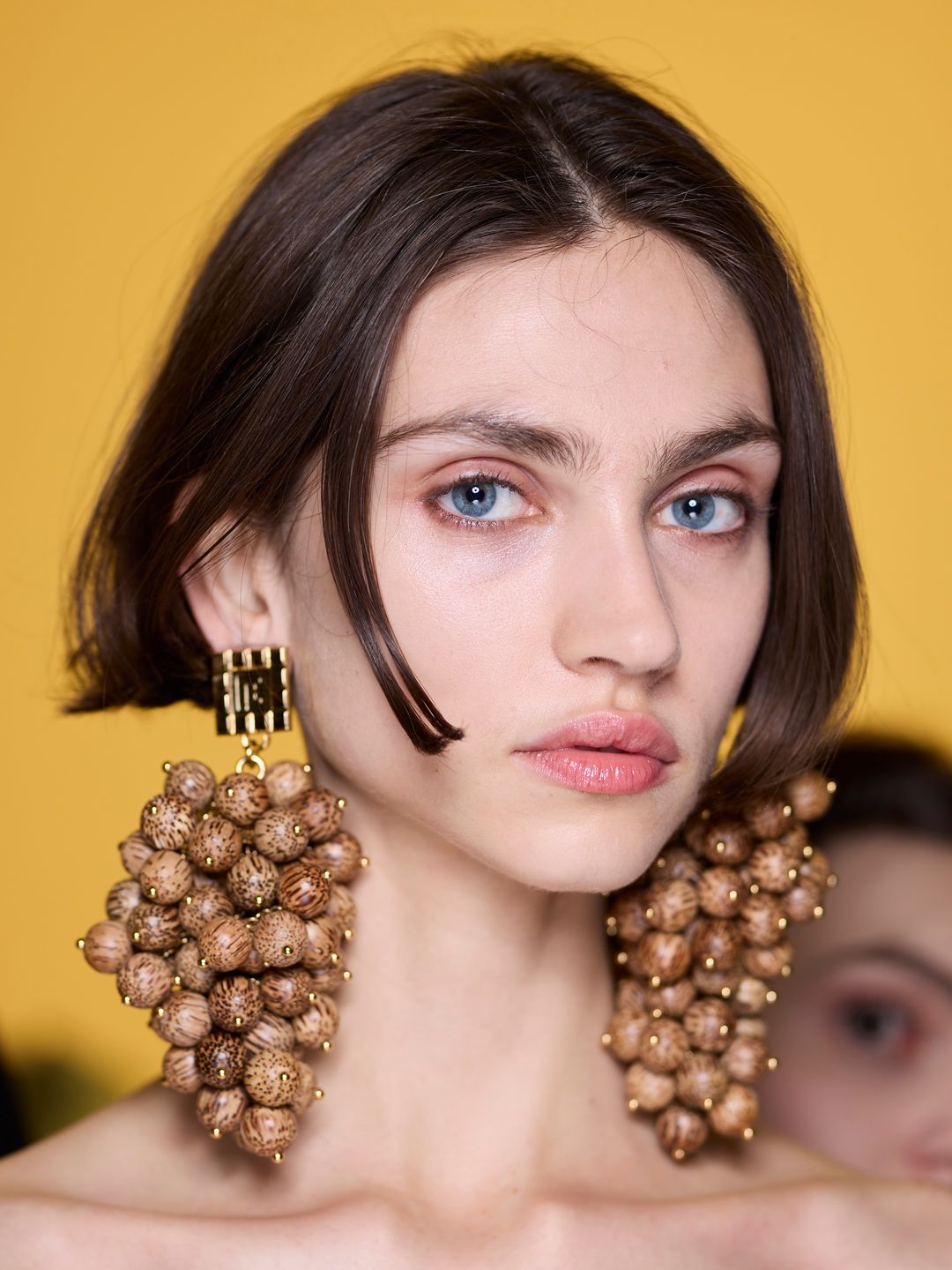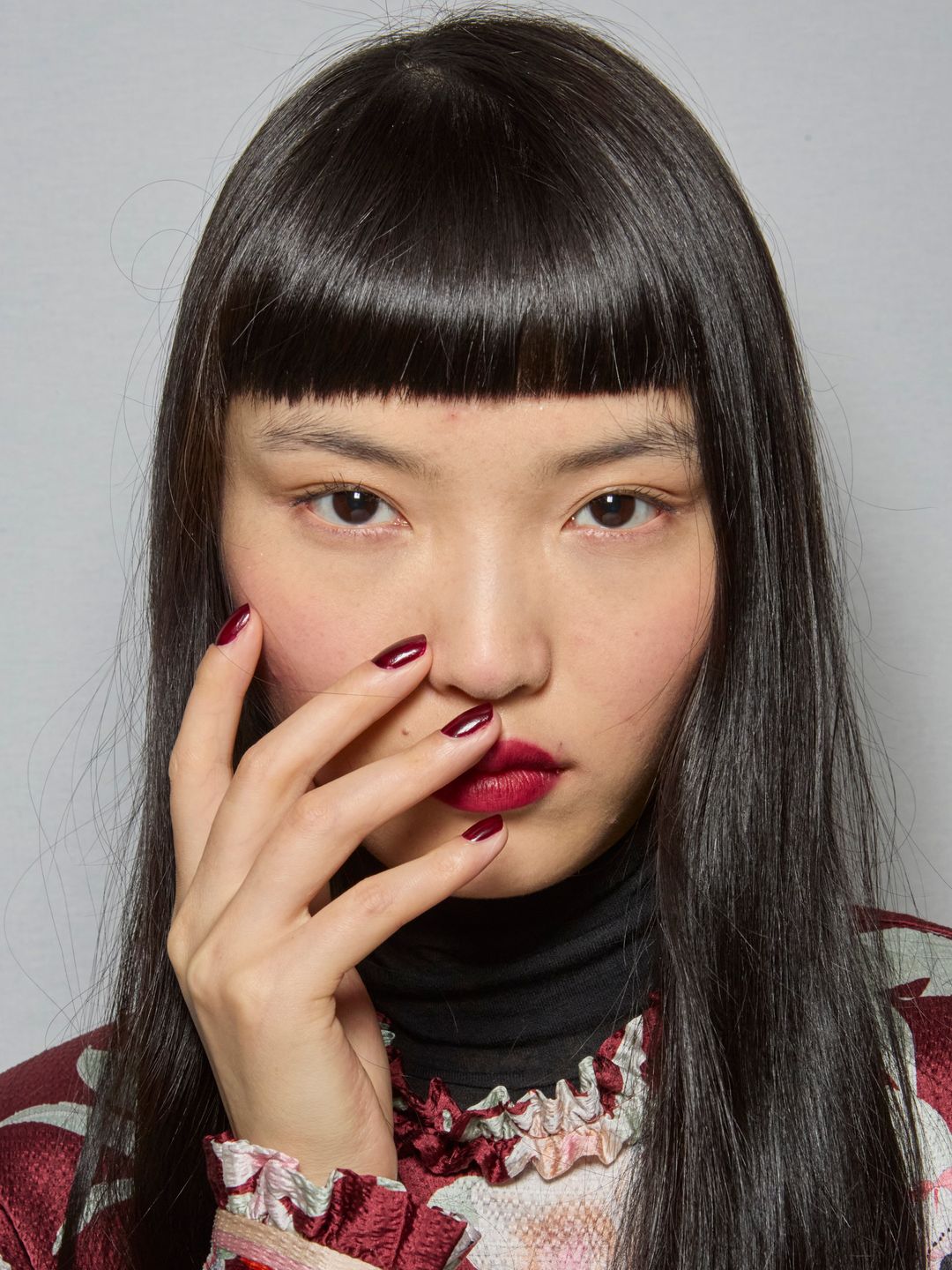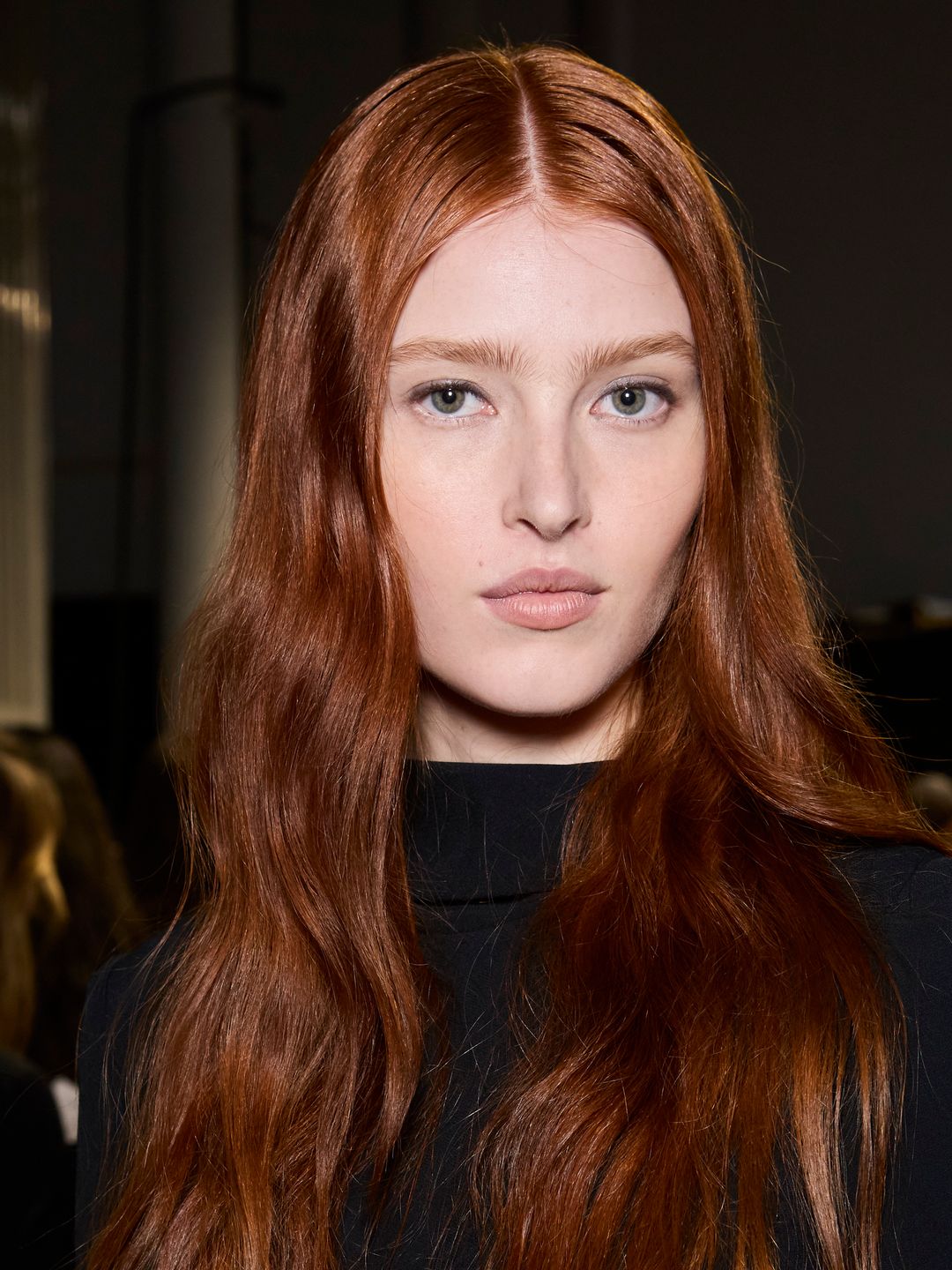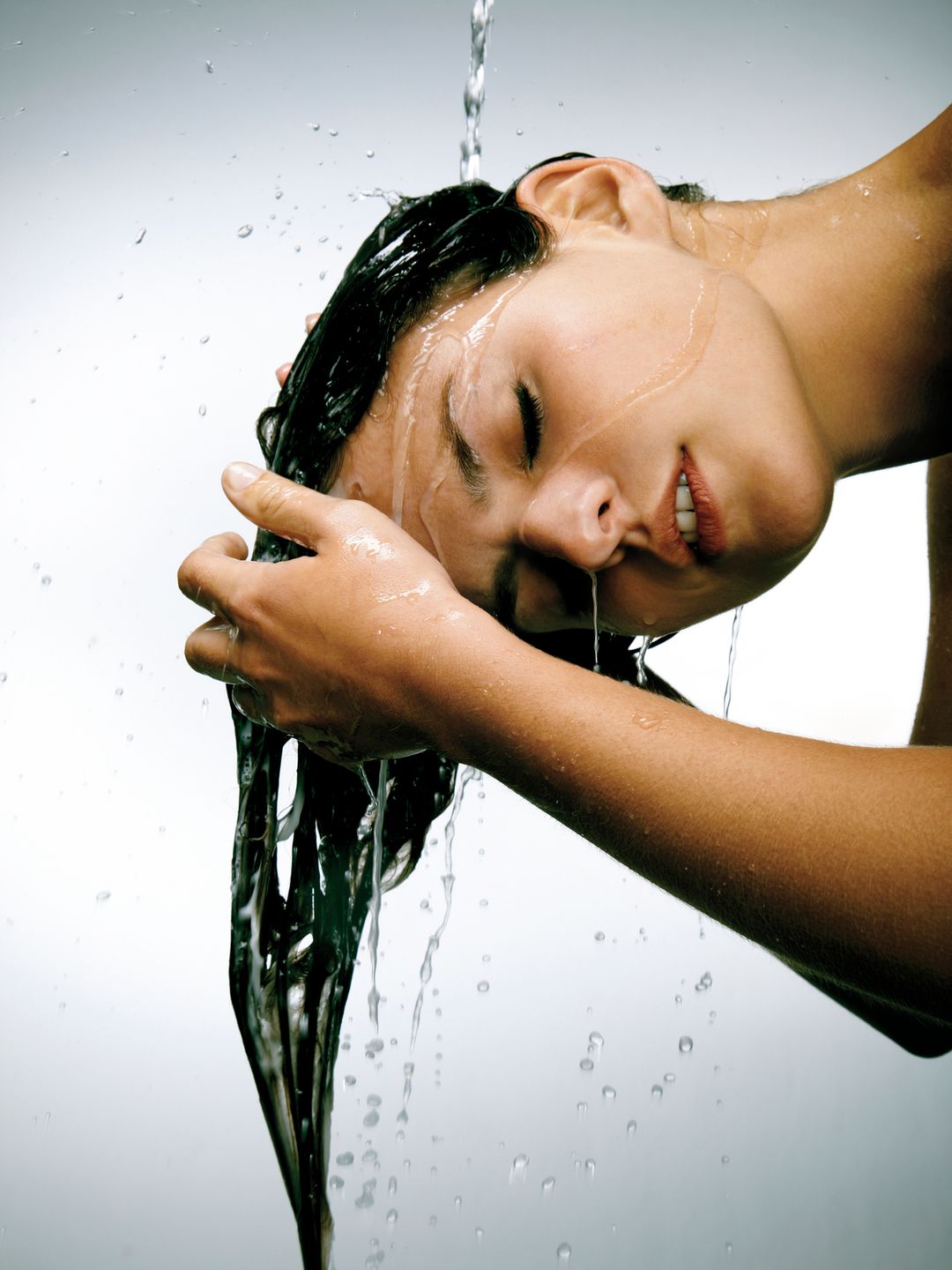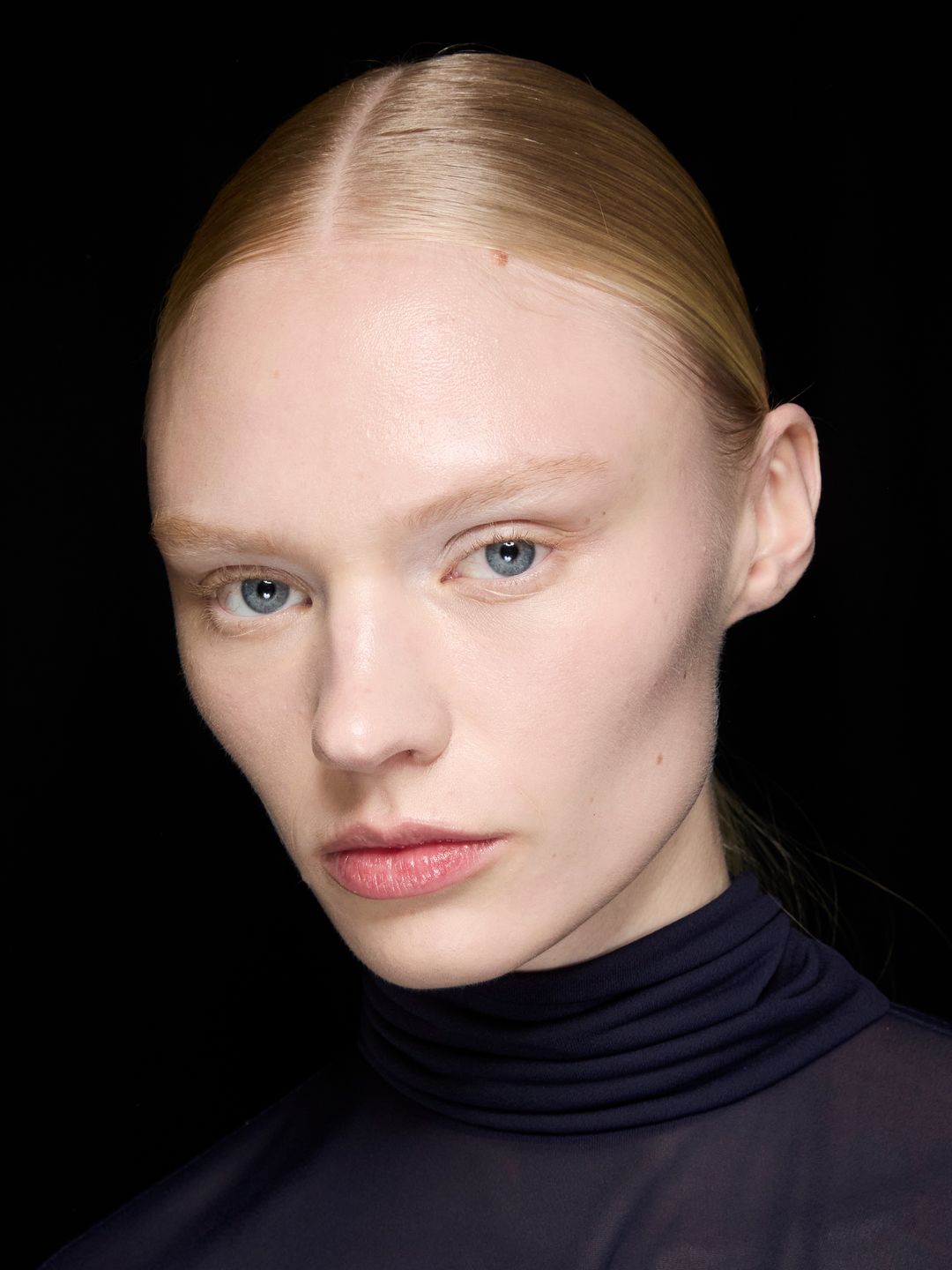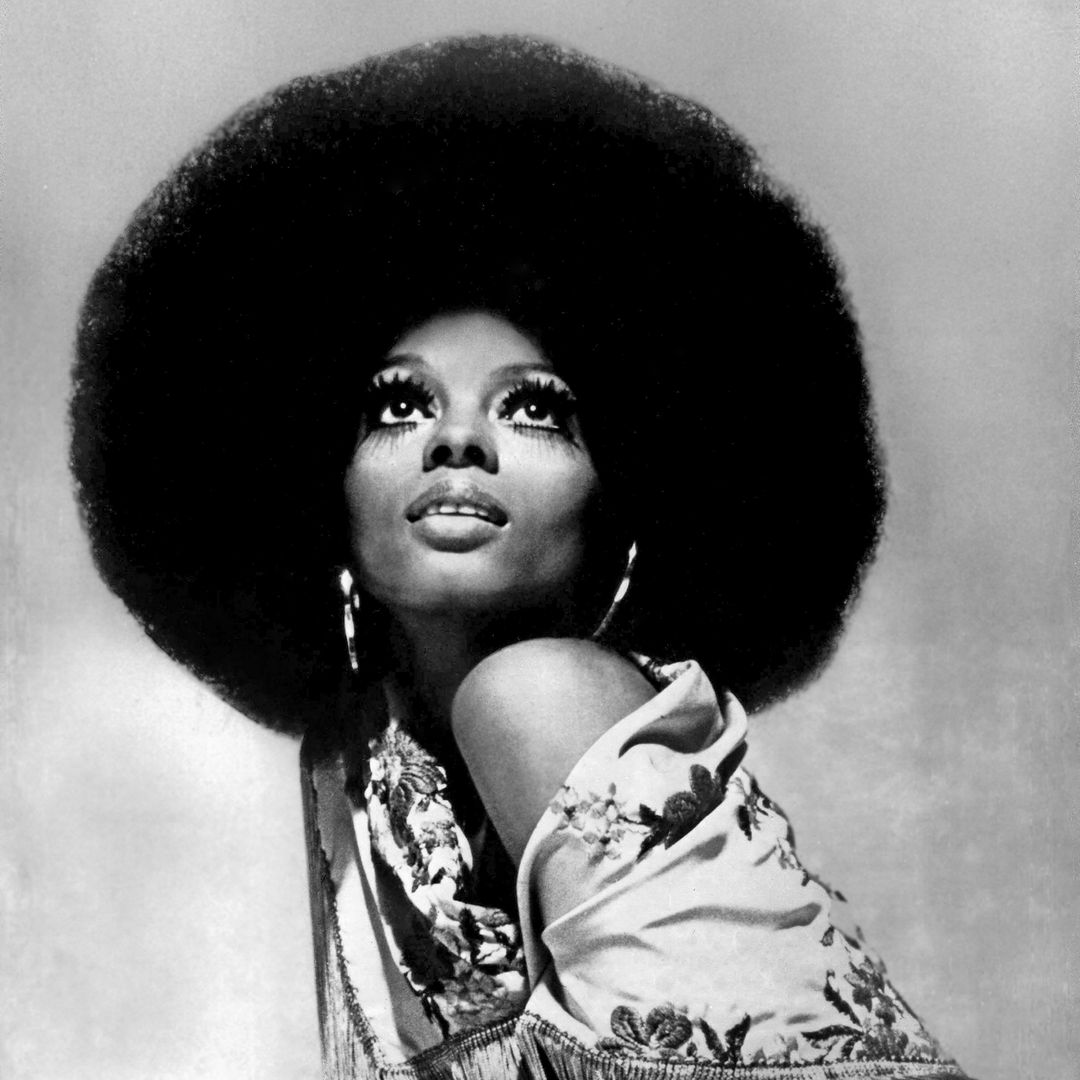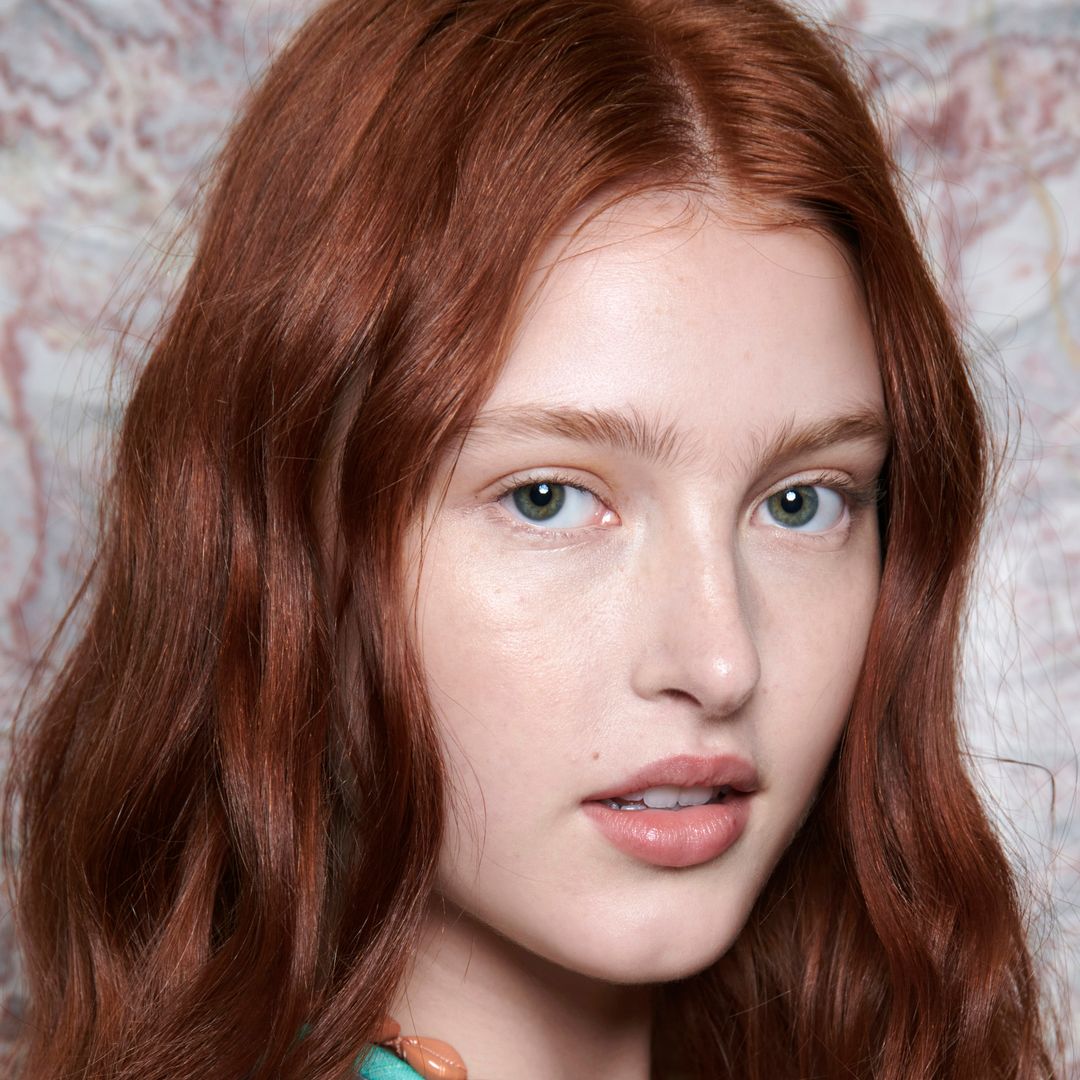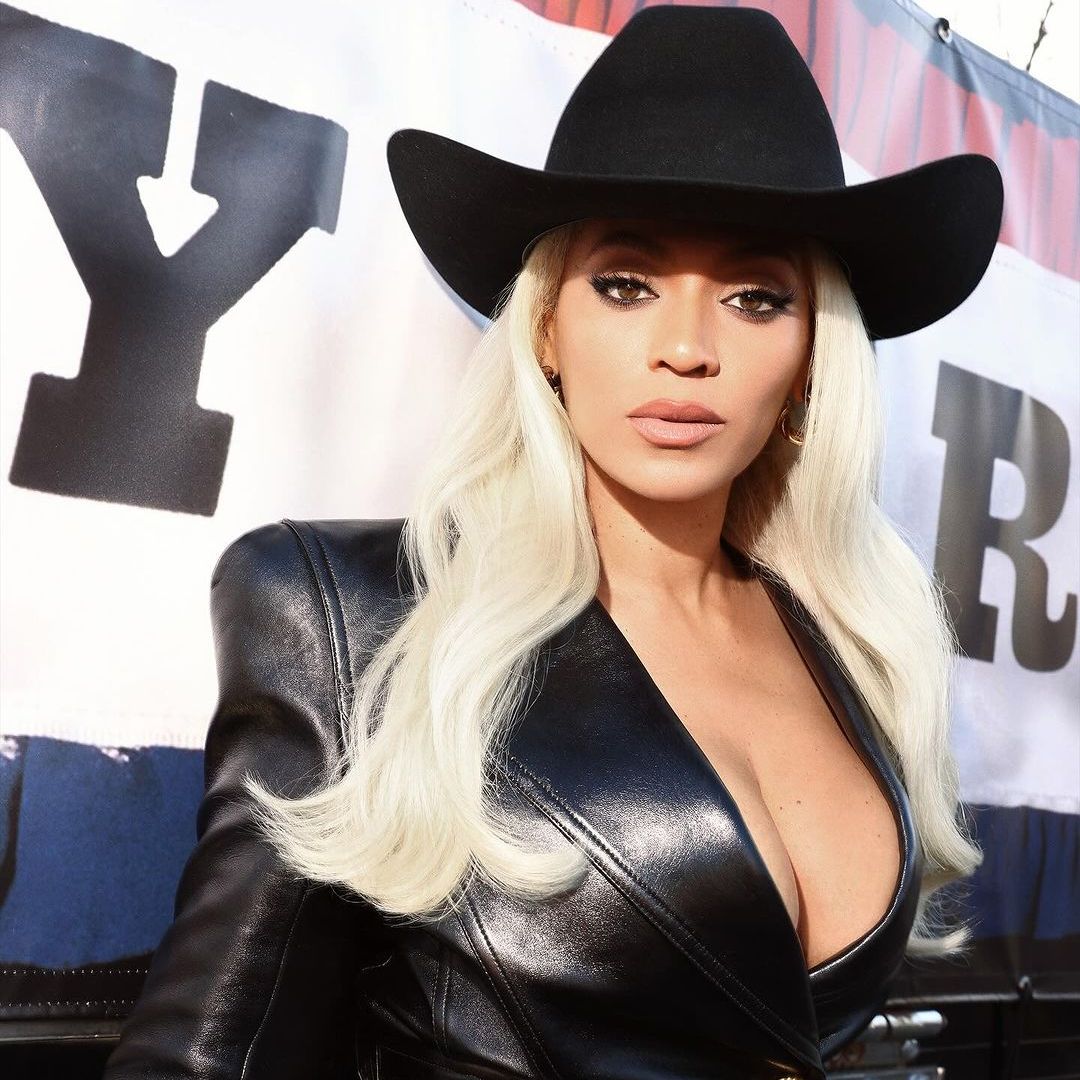Nothing thwarts a good hair day like being struck down by grease.
The main culprit? The scalp naturally produces oil and sebum to protect itself, but overproduction can leave your hair looking limp and flat. Not a vibe.
As for ways to tackle this pesky mortal beauty enemy? There's no miracle cure, and nothing substitutes for a thorough, clarifying wash, but getting acquainted with expert-approved prevention tips and slotting them into your current routine is your best chance at reaching hair nirvana.
What causes greasy hair?
The sebaceous glands work to moisturise the hair follicles and protect against infection, but when they're operating in overdrive this leads to excess grease. There are many potential causes here, some naturally occurring, others external, but pinpointing the primary cause can help inform prevention techniques.
Hormones
Fluctuations in your hormones can impact oil production, including at different points during your menstrual cycle. "Leading up to and during your period, you may find your scalp becomes oiler, and perhaps itchy," explains Anabel Kingsley, consultant trichologist at Philip Kingsley.
Pregnancy and certain oral contraceptive pills can also play a part, as can Polycystic Ovary Syndrome (PCOS), an endocrine condition whereby the ovaries may produce high levels of androgen. After menopause, the sebaceous glands tend to produce less oil, and so you are actually less likely to have a greasy scalp.
Another potential contributor is stress. High cortisol levels can trigger an increase in oil production, both on the face and scalp.
Poor Technique
Think you've got your shower routine perfected down to a T? Think again. Scalp build-up occurs when product residue, dead skin cells and natural oils form a hard-to-shift layer on the surface of your head. "If you leave more than a couple of days between shampoos, oils on your scalp will build up and make your roots greasy and limp," Anabel explains. Make sure you are shampooing thoroughly enough. "Spend about one minute gently but firmly massaging your scalp with your fingertips when you shampoo and then rinse well."
Temperature Extremes
Warm weather can make you sweat more, as can wearing thick, cosy hats in the winter, resulting in "dull and lacklustre" roots. "While most studies regarding humidity and temperature and their effect on skin have been done on facial skin, they do show oil production increases when it's humid, as well as when our skin is overly dry," Anabel reports. The scalp is naturally less exposed to environmental factors than other areas of the body, "protected by thick, terminal hair", but according to Anabel: "It can be deduced that very hot or cold weather, as well as high humidity, could impact oil production on your scalp."
Fine Hair
Those with fine hair naturally have more hair follicles than those with other textures, and since each individual follicle is attached to an oil gland, they have more glands too. "People with fine hair tend to get greasier scalps faster," Anabel says. "Fine hair usually benefits from daily shampooing."
How to prevent it
1. Balancing Formulas
All shampoos are designed to cleanse your hair and scalp, but if grease is an issue, Anabel suggests seeking out an oil-free shampoo formula. "Flaking and itching often accompany greasy scalps, so if this is the case use a targeted, soothing anti-microbial shampoo." She recommends Philip Kingsley's Flaky Scalp Shampoo to her clients with oily roots and irritation, designed to rebalance the scalp microbiome without drying out the strands, otherwise the brand's Moisture Balancing formula is designed to revitalise dry ends and shift grease.
MORE: The 10 best hairdressers in London, tried and tested
READ: How to nail the messy hair trend
How often should you wash your hair if you're prone to grease?
"It really depends on your hair texture, what is realistic time-wise and whether you style it with heat," Anabel says. "If we're strictly talking about the health of your scalp, and you naturally have a greasy scalp, daily shampooing is best as it is the only way to properly cleanse the scalp of oils, dead skin cells and dirt."
2. Scalp Exfoliation
If you've come to realise that your scalp naturally gets overly oily (rather than say it being a one-off symptom of warm weather), you may benefit from an astringent scalp toner or mask between washes to help regulate sebum production and remove buildup. "Certain scalp masks contain ingredients that help to regulate oil production, such as zinc and Pyrrolidone Carboxylic Acid (PCA). Gentle chemical exfoliants, like salicylic acid, will help to keep the scalp clear of dead skin cells and excess oils."
3. Dry Shampoo
This genius, quick-fix product is designed to soak up excess oil and provide body and lift around the roots. However, dry shampoo doesn't actually remove oil – it's not a long-term substitute for a proper wash. "It's fine to use a dry shampoo between washes, or at the end of the day before going out to revitalise your style, but they shouldn't be used as a replacement for real shampoo, " Anabel stresses. "It's a bit like using talcum powder to clean your face. You can use a one but opt for one with scalp benefits."
4. Less Is More
Overloading your hair with product is one sure-fire way to add to the issue. Don't rub pure oils into your scalp and keep heavy styling products away from your roots. That doesn't necessarily mean skipping conditioner, but Anabel recommends concentrating placement on the mid-lengths and ends.
5. Hands Off
Touching your hair can also exacerbate the grease, transferring oil and dirt directly from your hands onto your strands. After styling, make a concerted effort to not run your fingers through your hair over the course of the day.
